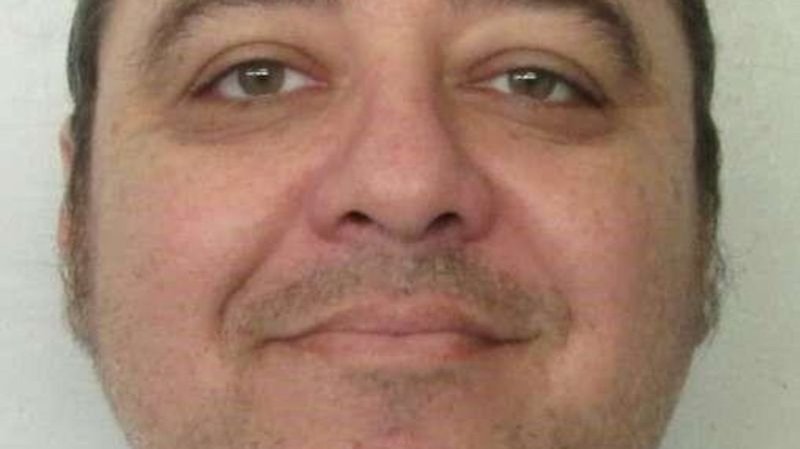
11th Circuit stays Alabama execution; state has appealed
ATMORE, Ala. (AP) — An appellate court on Thursday night ordered a halt to the scheduled execution of an Alabama inmate convicted in the 1988 murder-for-hire slaying of a preacher’s wife, but the state is appealing to the U.S. Supreme Court to proceed with the lethal injection.
The 11th U.S Circuit Court of Appeals issued a stay blocking the execution of Kenneth Eugene Smith, 57, after he raised concerns about problems with venous access at the state’s last two scheduled lethal injections. The state quickly appealed the order.
Prosecutors said Smith was one of two men who were each paid $1,000 to kill Elizabeth Sennett on behalf of her husband, who was deeply in debt and wanted to collect on insurance.
Sennett was found dead on March 18, 1988, in the couple’s home on Coon Dog Cemetery Road in Alabama’s Colbert County. The coroner testified that the 45-year-old woman had been stabbed eight times in the chest and once on each side of the neck. Her husband, Charles Sennett Sr, who was the pastor of the Westside Church of Christ, killed himself one week after his wife’s death when the murder investigation started to focus on him as a suspect, according to court documents.
